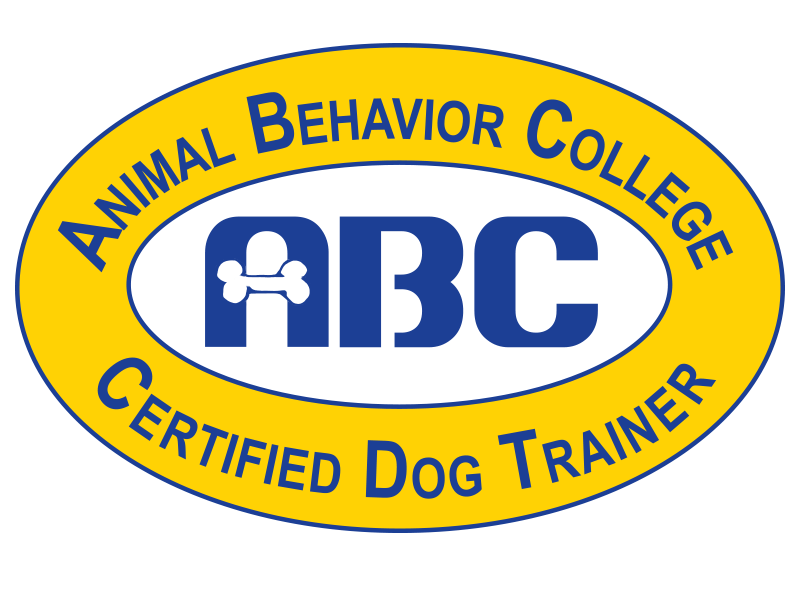Dog Barking Training by Maureen Keene of Keene Kanine
Many dogs are barking because they think that is what we want. Barking is often a job-like behavior, and they do that for us. When dogs realize that we do not want the barking, they subsequently learn what we would like them to do instead through our teaching.
-Maureen Keene, Dog Trainer
Excessive Barking Dog Trainer Long Beach and Serving Nassau County, NY
Barking dogs are annoying, destructive, and intolerable. Unfortunately, barking is a huge problem for many dog owners, and I can help you solve inappropriate barking. In other words, I can help you to get your dog to stop barking. The first thing we will do when I visit your home, and your pet is to determine exactly why the dog is barking.
I am not going to allow the barking forever. However, I want to find out why it is happening and if a Legitimate need is not being addressed that could be causing the barking or aggravating it and pushing it to an unacceptable limit. We will determine if the barking is due to lack of exercise, Trying to tell you something important, or simply demand barking.
Once we determine the reasons for the barking, we will mitigate whatever we can to help the dog succeed. At the same time that we are seeking the cause of and solutions for the barking, it is of the utmost importance that we begin to establish clear communication. Most people are sure that they are clear that they do not want the barking. However, the dog is not clear about this, and so that is our first job; being able to communicate that the behavior is unwanted, and here we begin the groundwork for change.
Communication skills are key lessons we learn as we change unwanted dog barking. Letting the dog know that we do not want the barking is the first step to stopping excessive unwanted dog barking.
Presenting an alternative behavior to the barking is very helpful for the dog to succeed and to stop the behavior. If the dog knows what we would like it to do as opposed to barking, it may very well do that.
We help the dog to succeed by managing it properly in the barking setting so that we can guide the dog to what we would like.
Why Is Your Dog Barking?
Many dogs are barking because they think that is what we want. Barking is often a job-like behavior, and they do that for us. When dogs realize that we do not want the barking, they subsequently learn what we would like them to do instead through our teaching.
Often, however, it is still too hard for them to stop the barking without some form of a consequence in place. Consequences can then be experimented with carefully and creatively and implemented to create further change and success toward our goal of stopping unwanted dog barking.
How I Will Stop Your Dog From Barking
The last step is consistency with our communication, commands, and consequences to permanently stop the unwanted dog barking. Most dogs bark when they hear someone outside the home and at the door, and that is appropriate barking, and it is okay as it is a bit of a job, and they are being a watchdog.
We can even put a command in place, a cue for this type of bark, as it is the only bark that we will really allow. For example, some dogs bark when someone is outside the door, which, as mentioned, is okay. But then, when the person enters the home and the front door has closed, the dog will continue to bark incessantly, which is immediately recognized as inappropriate dog barking!
This type of dog is often doing the barking as a job, and they are misguided when they think that this is what we, their commander, want them to do. With clear communication and some simple guidance, we can usually get them to do something different and stop the barking. However, some barking takes on more of an ominous tone when a dog is guarding the front door, and a newcomer has entered the doorway.
Ultimately we want all dogs to understand that when the commander has allowed someone in, that person is safe and not a threat. But unfortunately, some dogs do not respect us as the commander and think that if something happens, they will handle it, which is misguided thinking.
We are the ones taking care of them, not them taking care of us, so it is essential to establish your leadership over your dog. For example, barking at strangers you have allowed into the home is a no-no, and we teach the dog to behave differently.
Most dogs need jobs, and barking is a job. It can even be a full-time job. It is said that barking is self-rewarding, meaning that the more they do it, the more they want to do it, so the concept of nipping it in the bud is essential with barking as it will become a full-time job and a full-time commitment to getting the barking to cease. So we must tell them that we do not want them to do this barking job and they are left jobless!
More intensive training often becomes their new "job." It becomes easier to take away their old "barking" job in this manner. Interestingly Some dogs bark at strangers walking by, and some dogs bark at other dogs walking by. This unwanted barking can also be trained out of a dog as we communicate what we would like them to do as an alternative.
Some dogs bark indoors at every little noise they hear outside the home, and once again, they are misguided into thinking that this is their job as they protect the home from these outside triggers and "threats." We teach them that we do not want them to do that unwanted barking job, help them succeed with clear communication and commands, and provide a different "job."
Then, heartbreakingly, some dogs bark out of anxiety due to being left alone. This can be problematic in an apartment setting where the unwanted barking is disruptive to others.
Once again, clear communication about the fact that the barking is unwanted is crucial. Most importantly, here we help the dog to succeed by counterconditioning techniques and making a more positive association with your departure so that they can eventually learn that it is a good thing to be left alone. Ultimately, we can minimize unwanted barking behavior. So The most important takeaways here that are essential to stopping unwanted dog barking are as follows:
- Nipping it in the bud -barking is self-rewarding, meaning the more the dog does it, the more they want to continue doing it.
- Clear communication is essential to let the dog know that we do not want the barking.
- Presenting an alternative to what we would like the dog to do instead of barking is key.
- Creating new positive associations and commands for the barking triggers will help to minimize and stop the barking.
- Realize that when you stop a dog from unwanted barking, you are taking away a job, so it is helpful to create a new job for your dog during this period of behavior modification.
Contact Maureen for a Free Dog Barking Consultation!
Most dogs want to do the right thing if presented with a rewarding manageable alternative. And, of course, It's helpful if that alternative also pleases us.
I can happily and successfully coach you through whichever of The above steps are needed to permanently stop your dog from unwanted barking and bring harmony back to your home. Let's introduce your dog to Maureen and see just how well they get along!
Please contact Keene Kanine today!








